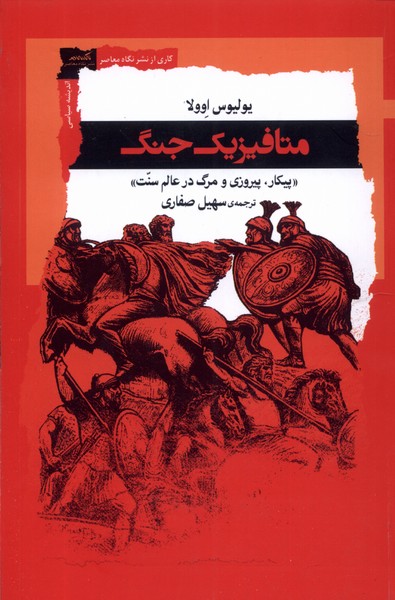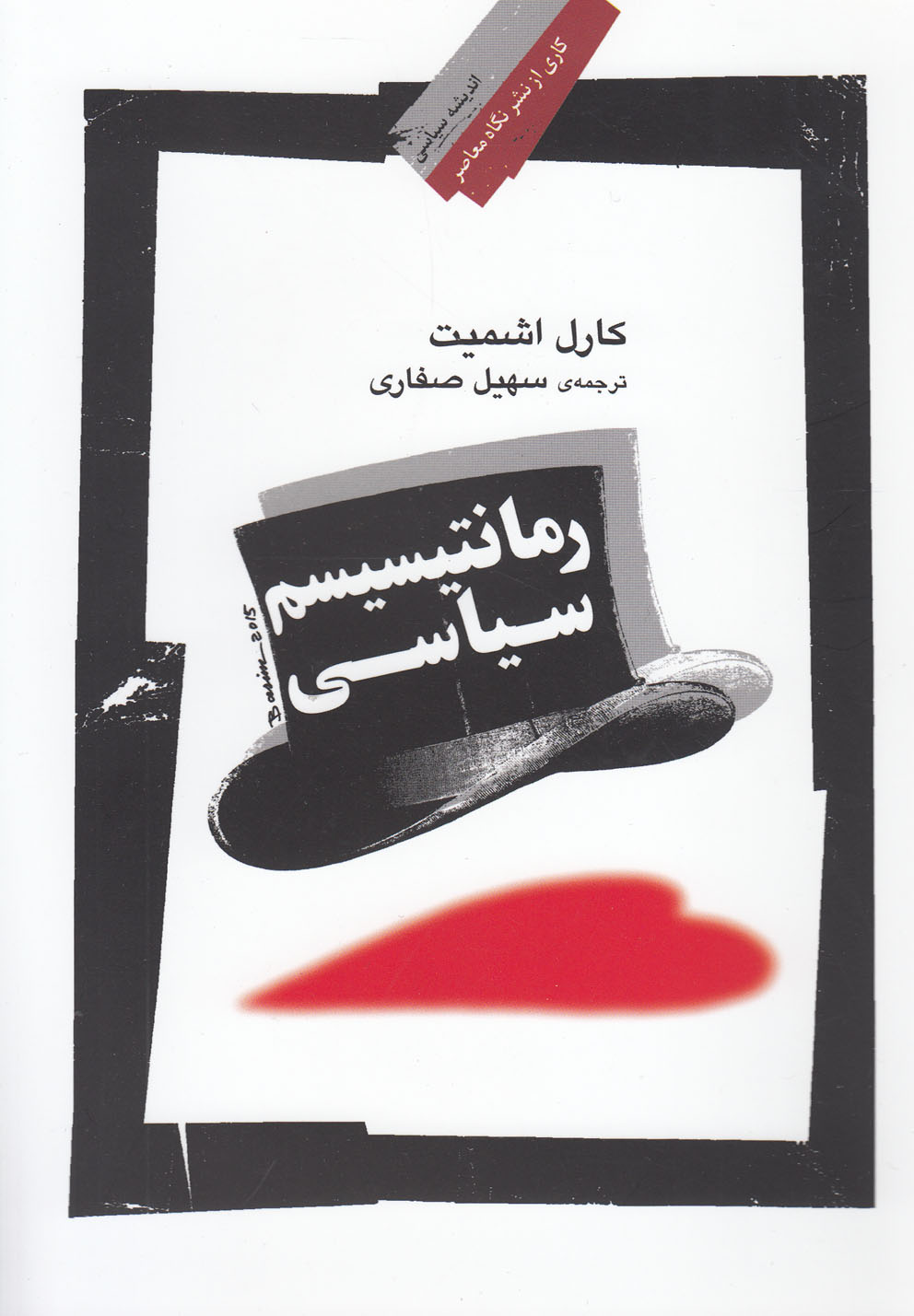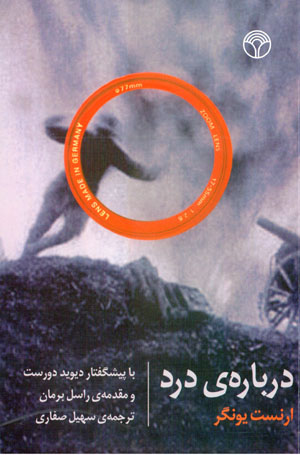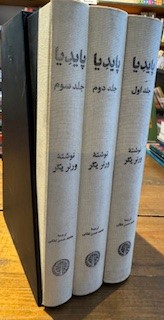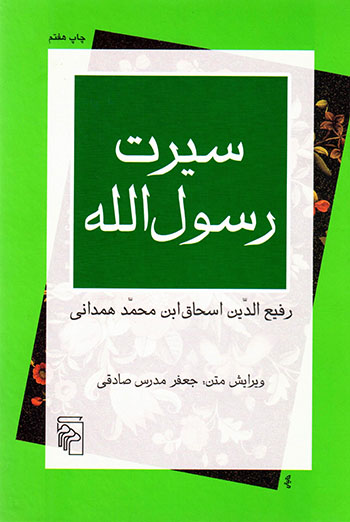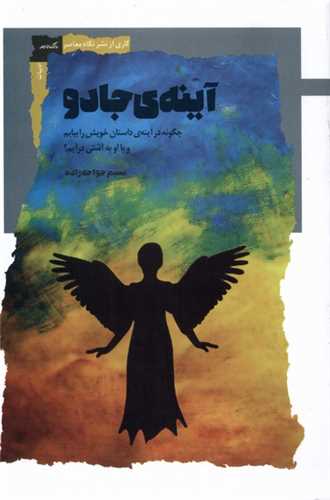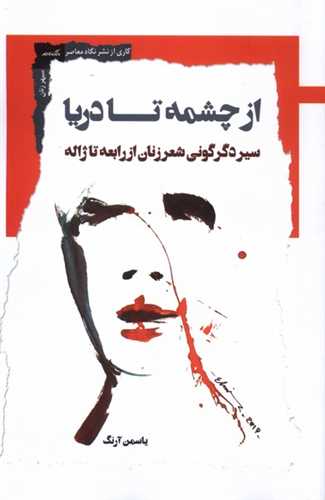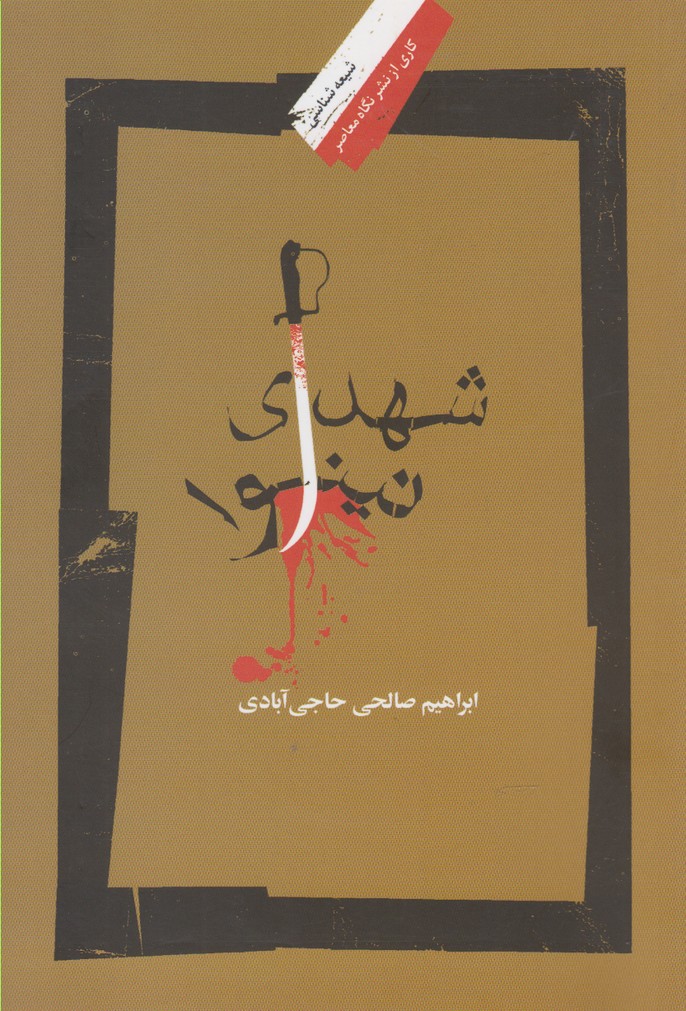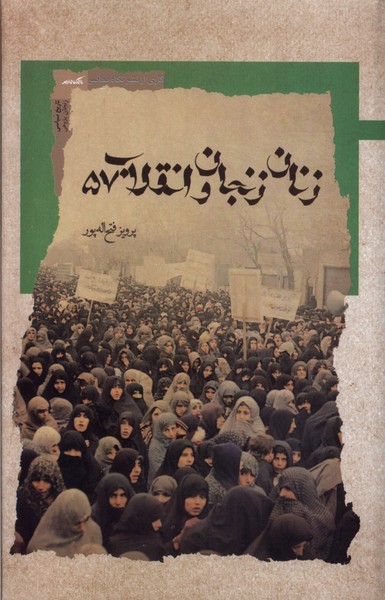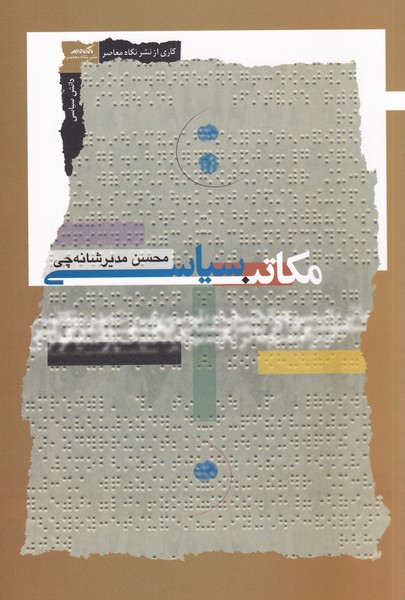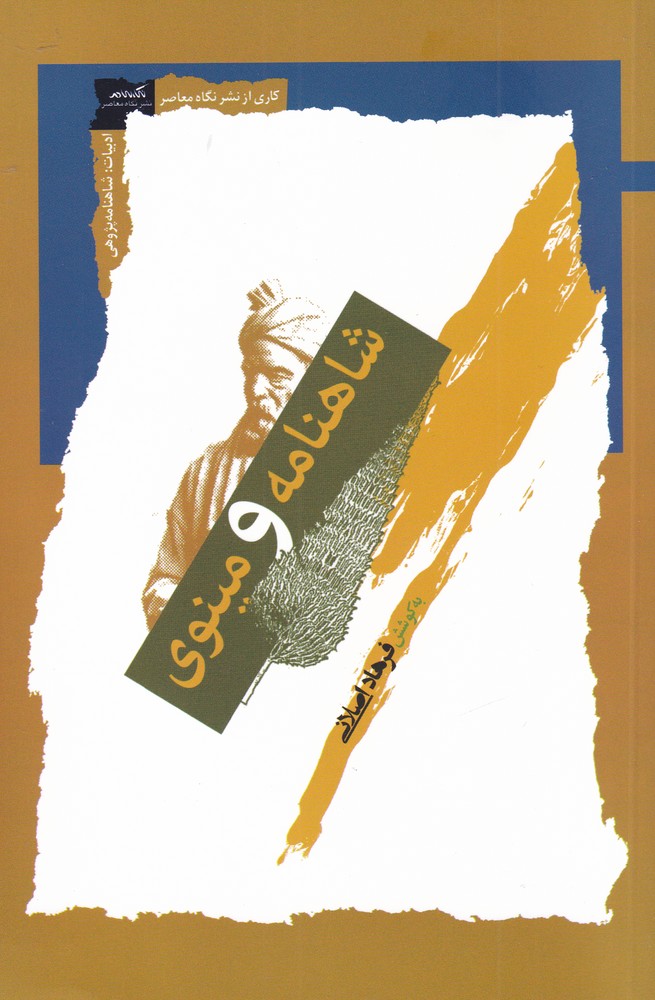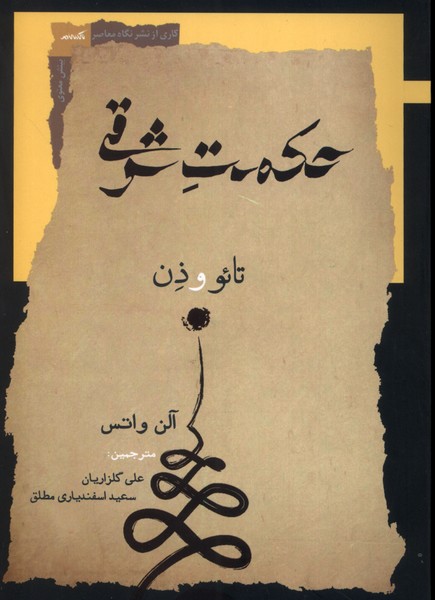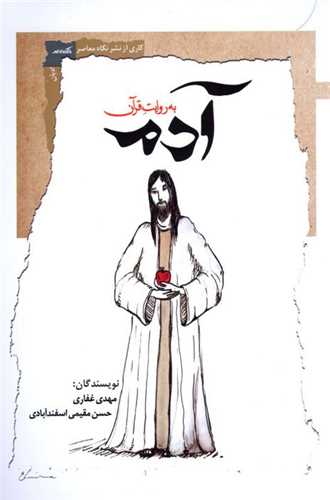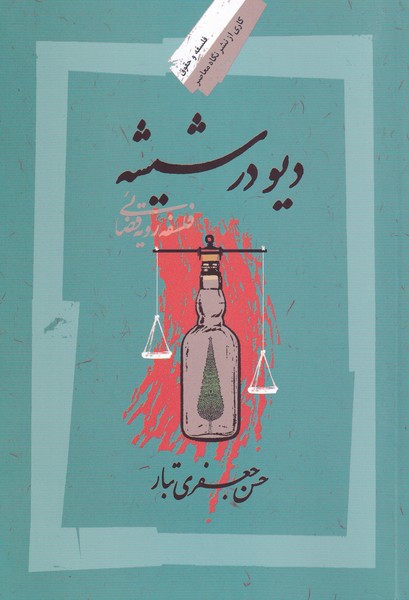Mitāfīzīk-i Jang: Persian 2022
متافیزیک جنگ
19.56 $
Share
Wishlist
ISBN:
9786222902100
Translator:
Suhayl Ṣaffārī
Publisher:
Nigah-i Mu'asir
Age Group:
Adult
Pages:
160
Weight:
148 g
Dimensions:
14 x 21 x 1.5 cm
Book Cover:
Board Books
In this book, Evolahas discussed the spiritual aspects of war in different spiritual traditions, including Vedic, Iranian, Islamic, and Catholic. By doing this, he concludes that war in certain circumstances can have a "sacred character" through which man can achieve self-awareness.
Julius Julius Evola selects specific examples from the Aryan and Islamic traditions to show how traditionalists can prepare themselves to experience wars in a way that allows them to transcend the limited possibilities of life in our material age and enter the world of heroism, i.e. Achieving a higher position. The state of consciousness is the effective realization of the meaning of life. However, his call to action is not that of today's armies, who want nothing more from their soldiers than to become mercenaries in the service of a degenerate class. Instead, Evola presents the warrior as someone who lives a coherent and unified way of life—one who adopts a specifically Aryan worldview, one that sees the political ends of war not as the ultimate justification for war, but merely as a means. The warrior perceives his calling as something higher than existence.
more
اوولا در این کتاب به جنبههای معنوی جنگ در سنتهای معنوی مختلف از جمله ودایی، ایرانی، اسلامی و کاتولیک پرداخته است. او با این کار نتیجه می گیرد که جنگ در شرایط خاصی می تواند «خصلت مقدس» داشته باشد که از طریق آن انسان می تواند به خودآگاهی دست یابد.
یولیوس اوولانمونههای خاصی را از سنتهای آریایی و اسلامی انتخاب میکند تا نشان دهد که چگونه سنتگرایان میتوانند خود را برای تجربه جنگها به گونهای آماده کنند که به آنها اجازه دهد تا از امکانات محدود زندگی در عصر مادی ما فراتر رفته و وارد دنیای قهرمانی شوند، یعنی دستیابی به موقعیتی بالاتر. حالت هوشیاری، تحقق مؤثر معنای زندگی. با این حال، دعوت او برای اقدام، ارتش های امروزی نیست، که از سربازان خود چیزی جز تبدیل شدن به مزدور در خدمت طبقه ای منحط نمی خواهند. در عوض، اوولا جنگجو را به عنوان کسی معرفی میکند که شیوه زندگی منسجم و یکپارچهای دارد – کسی که دیدگاهی خاص آریایی از جهان اتخاذ میکند، که اهداف سیاسی جنگ را نه بهعنوان توجیه نهایی جنگ، بلکه صرفاً وسیلهای میبیند. جنگجو فراخوانی خود را به شکلی بالاتر از وجود درک می کند.
more

